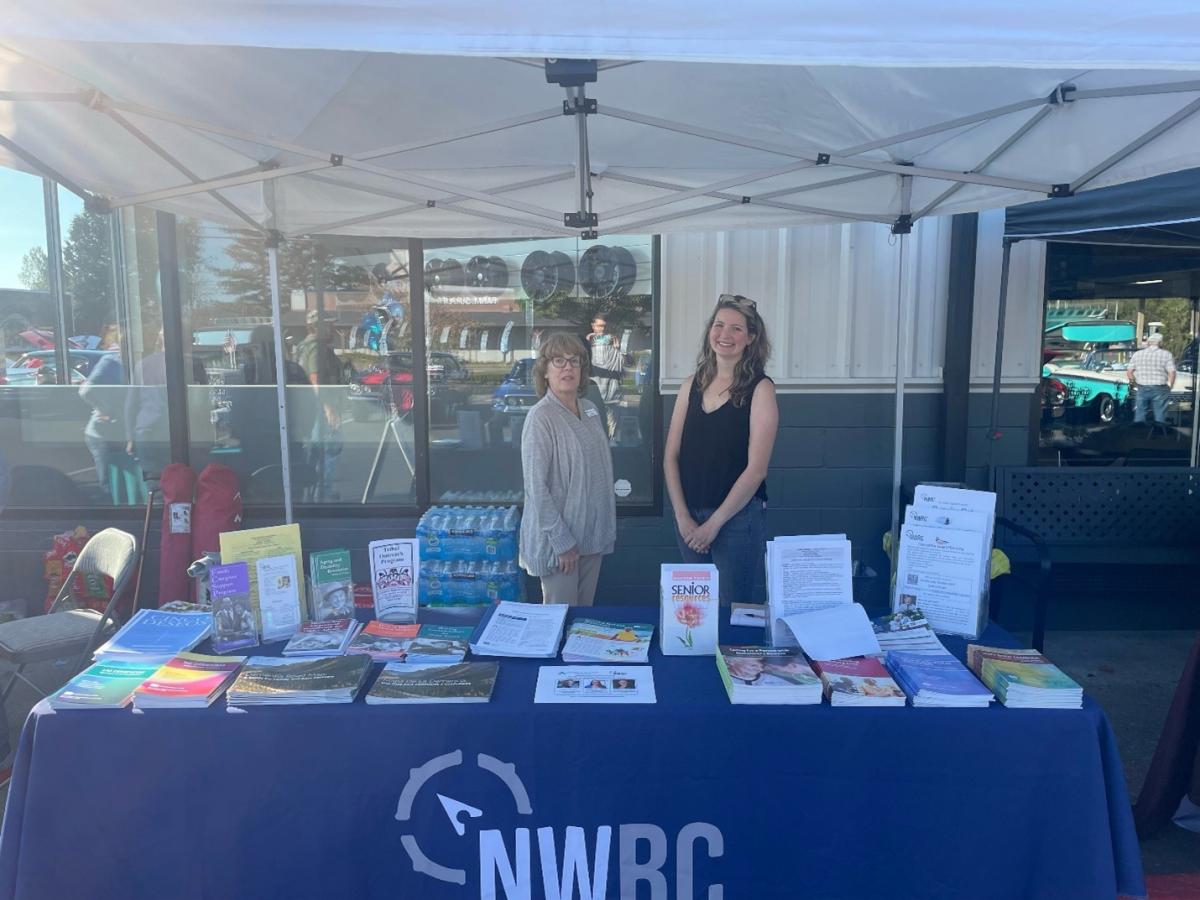
As one of only two in the State of Washington, NWRC’s Dementia Support Program is paving the way in modern day dementia care through targeted outreach and caregiver support. Kate Massey and Kelsey Lovik are Dementia Support Program Specialists under the Community Programs Department and work to find innovative ways to support people with dementia.
Massey has a background in gerontology and geriatric mental health and had been with NWRC for 13 years when she was asked to co-write the grant for our Dementia Support Program. “I’ve always had a strong respect for the wisdom of older people and doing this work is one of the best ways to show that respect. Dementia is very personal and we’ve all been affected by it,” says Massey. “A lot of the time, we think about the person with dementia and not the caregiver. When we start talking to caregivers about the Star-C Program, about difficult behaviors and trouble communicating, it’s the first time they feel like someone gets it. We teach caregivers how to communicate so they can get along with the person they’re caring for and find shared experiences they both enjoy. This reduces depression and anxiety and takes the pressure off the person with dementia to educate their caregiver.”
Lovik worked in the medical field for years as a CNA and EMT before transitioning to working with older adults. She has always been interested in brain health and has enjoyed building this program from the ground up alongside Massey. Lovik and Massey are excited to offer some early-stage programming for people who are recently diagnosed. “Historically there haven’t been any programs for people in the early stages of dementia, such as education and peer support groups. It’s important to have those support systems in place to walk the path with you,” says Lovik. Together, Massey and Lovik educate people experiencing dementia and their caregivers about lifestyle changes, legal planning, forming a care team and how to share the diagnosis with others. They are also starting an improv group for people with dementia and their care partners. Lovik explains, “They forget how to have fun sometimes. Every day can be so serious and structured so it's great to let loose and have an opportunity to play. In improv there are no wrong answers, and it removes the fear of saying the wrong thing in conversation.” These types of social activities are key to maintaining brain health and decelerating brain change.
If you are curious about supports and services available in your area for people living with dementia, contact your local Aging and Disability Resources Center.
